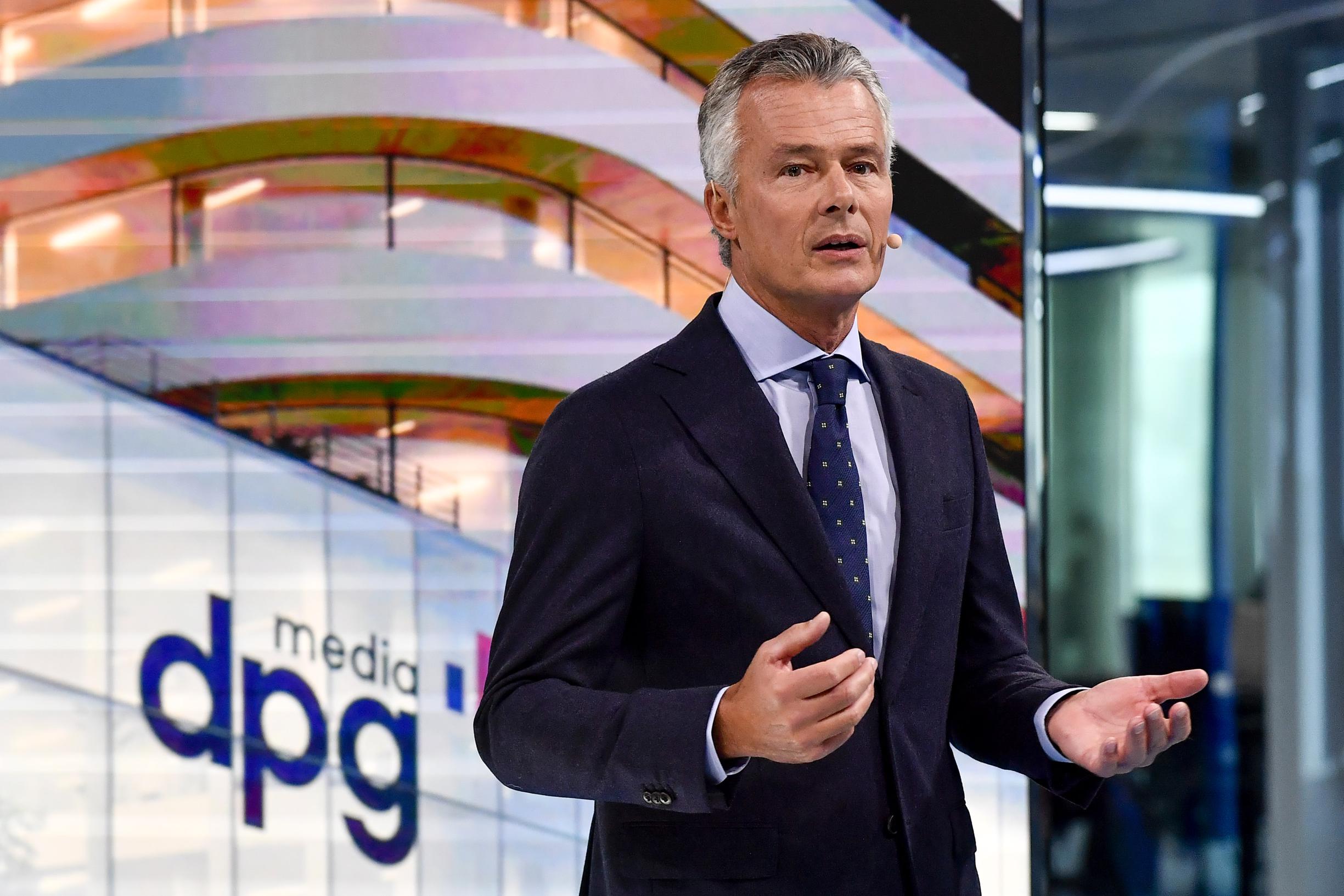DPG Media has a social agreement on the closure of its high-tech printing plant in Lokeren, which includes: The last news rolls off the presses. The largest newspaper in the country is now printed in the Netherlands.
–
Today at 15:42
–
–
DPG Media already announced in November that it intended to close its printing company Eco Print Center, in Lokeren. Today Christian Van Thillo’s group reached an agreement with the trade unions. Van Thillo pays the employees a generous severance payment. This mainly benefits the workers. Eco Center has 63 workers and 15 white-collar workers.
The workers are treated as if they had always been white-collar workers and are paid over their entire career according to the Claeys formula: they are paid one month’s wages for each year worked. There is an extra premium on top of that formula. For blue-collar workers over the age of 45, this amounts to 1,500 euros per year worked. If you are younger, you will receive 1,250 euros per year worked as an extra bonus.
Almost all workers have already found a job elsewhere. DPG Media had organized an internal job fair for them that gave companies the opportunity to recruit the employees on the spot. In this tight labor market, the printers proved to be particularly popular.
emergency newspaper
The generous package may explain why the closure, which hit the workforce hard, did not lead to strikes. On the other hand, DPG Media kept a big stick behind the door. In Germany an emergency edition was systematically made in order to be able to supply a newspaper in the event of any actions. In Lokeren, both The last news as The morning printed. They will last roll off the press there on March 27.
The closure of Eco Center means the country’s largest newspaper, The last news, is no longer printed in Belgium. This will now take place in a Dutch printing company of DPG Media, in the municipality of Best to the north of Eindhoven. By printing in Best, DPG can increase the yield of its printing presses there.
The move also has consequences for the format of the newspapers and has an impact on the deadlines for the editors. The Dutch newspapers are also affected. The editors of De Volkskrant on Fidelity are quite angry about that. “This again confirms the impression that DPG no longer pays attention to the importance of good journalism,” wrote the chairman of the editorial boards of both newspapers at the top of DPG Media.
Much news that occurs in the evening will no longer be published in the morning newspaper. “Unacceptable and impracticable,” it said. ‘s editor-in-chief Fidelity DPG Media’s management also stated that the plan ‘immediately affects successful titles in the quality of their product’ and ‘is a step that cannot be explained’.
Subsidies
Eco Print Center was launched in 2006 as a breakthrough concept. It was an innovative printer that could print water-free. The then Flemish Minister of Economy Fientje Moerman (Open VLD) paid 5 million euros in subsidies to DPG for this innovation.
DPG Media Services, the holding company of which the printing company is part, paid out a dividend of 40 million euros for the 2020 financial year, which was due to a contribution from an industry.
Bart Leybaert of the socialist trade union is happy that the employees are getting a good arrangement, but is left with a bad feeling. ‘That the largest Flemish newspaper is no longer printed here, while the government has also put money into the printing business, raises questions in my mind.’
–


